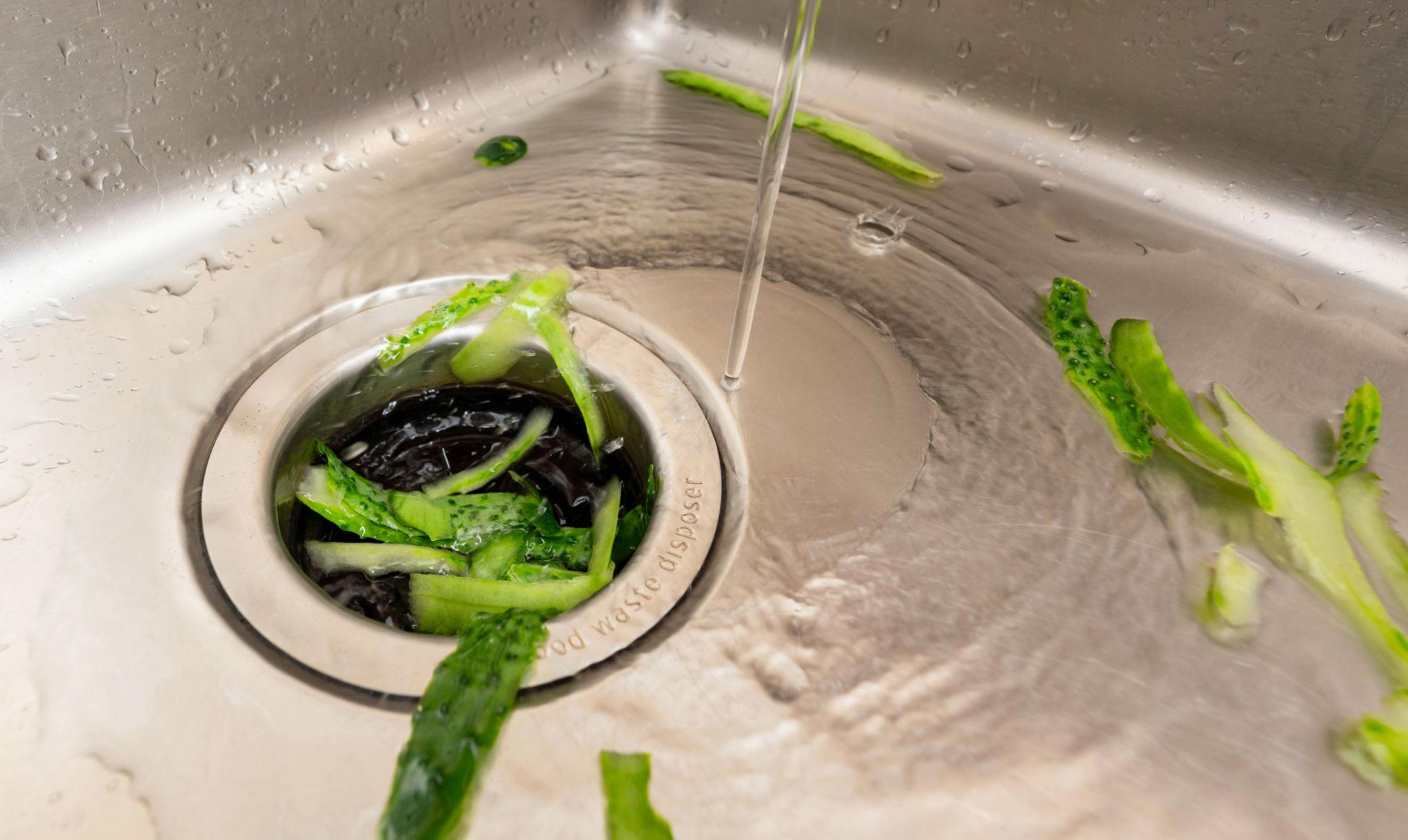How to Prepare Your Business for Seasonal Waste Management Challenges
Understanding Seasonal Waste Management
As the seasons change, businesses often face unique waste management challenges. From increased waste during the holiday season to the need for special handling of organic waste in warmer months, understanding these challenges is crucial. Preparing your business to efficiently manage seasonal waste can lead to improved sustainability and cost savings.
One of the first steps is to analyze your waste production patterns throughout the year. Identifying peak times when waste generation is higher can help you plan for these periods effectively. This proactive approach ensures you have the necessary resources in place to handle increased waste volumes.

Developing a Seasonal Waste Management Plan
To prepare for seasonal waste management challenges, it’s essential to develop a comprehensive plan. Start by evaluating your current waste management practices and identifying areas for improvement. Consider implementing strategies such as increasing recycling efforts or introducing composting programs if applicable.
Your plan should also include a schedule for waste audits, which will help you understand the types and quantities of waste your business produces. With this information, you can adjust your waste management strategies to better accommodate seasonal fluctuations.

Training and Educating Staff
An effective waste management plan requires the support and cooperation of your entire team. Providing training and education on best practices for waste reduction and segregation is key. Encourage employees to participate in sustainability initiatives and provide them with the tools and knowledge they need to make a difference.
Consider organizing workshops or seminars on topics such as recycling techniques or the importance of reducing single-use plastics. By fostering a culture of sustainability within your business, you can enhance your waste management efforts significantly.

Partnering with Waste Management Services
Collaborating with professional waste management services can be invaluable when facing seasonal challenges. These experts can offer guidance on efficient waste disposal methods and provide access to specialized equipment or services that might be needed during peak periods.
Ensure that your chosen waste management provider understands your business's specific needs and is flexible enough to adapt to seasonal changes. A strong partnership can lead to more efficient operations and help your business maintain compliance with environmental regulations.
Monitoring and Adjusting Your Strategy
Once your seasonal waste management plan is in place, it’s important to regularly monitor its effectiveness. Track key performance indicators such as waste diversion rates and cost savings to evaluate the success of your efforts. Use this data to make informed adjustments to your strategy as needed.
Being adaptable is crucial, as unexpected changes in waste generation can occur. By staying vigilant and responsive, your business can continue to manage seasonal waste efficiently and sustainably.

The Benefits of Preparedness
By preparing for seasonal waste management challenges, your business can enjoy numerous benefits. These include reduced costs associated with waste disposal, enhanced brand reputation due to sustainable practices, and compliance with environmental regulations.
Moreover, a well-prepared business is better positioned to adapt to changing market conditions and customer expectations. By prioritizing sustainability and efficiency in waste management, your business can contribute positively to the environment while achieving its operational goals.
